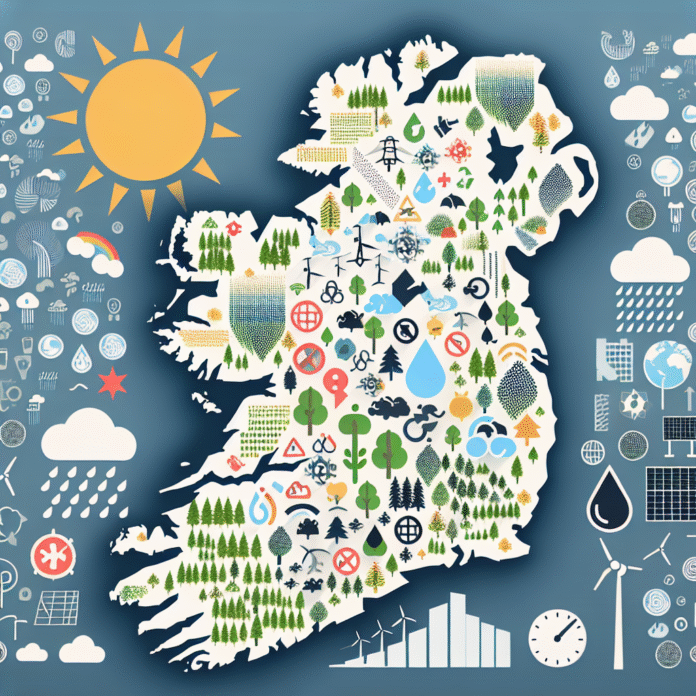Northern Ireland’s Climate Change Adaptation Program Unveiled with Over 250 Actions
The Draft Third Northern Ireland Climate Change Adaptation Programme: A Comprehensive Overview
The draft of Northern Ireland’s third climate change adaptation programme outlines over 250 targeted actions aimed at addressing the challenges posed by climate change. This ambitious initiative is designed not only to mitigate the impacts of climate change but also to enhance resilience across various sectors, including agriculture, health, and infrastructure.
Among the key focus areas of the programme are the protection of natural resources, the promotion of sustainable land use, and the enhancement of community preparedness for extreme weather events. The actions proposed cover a wide range of strategies, from improving flood defenses to implementing urban greening projects that can help lower temperatures in city environments.
Additionally, the programme emphasizes collaboration between government bodies, local communities, and private sectors. By fostering partnerships, the initiative aims to ensure that adaptation measures are comprehensive and effectively address the unique challenges faced by different regions within Northern Ireland.
Public engagement is also a crucial component of this programme, with efforts to involve citizens in discussions about climate adaptation strategies. This inclusive approach seeks to raise awareness about climate issues and encourage individuals and communities to take proactive steps towards resilience.
As Northern Ireland faces the realities of climate change, this draft programme serves as a roadmap for creating a sustainable future, ensuring that both people and ecosystems can thrive in a changing climate. The final version of the adaptation programme will be shaped by feedback from stakeholders and the public, reflecting a collective commitment to safeguarding the region’s future.
